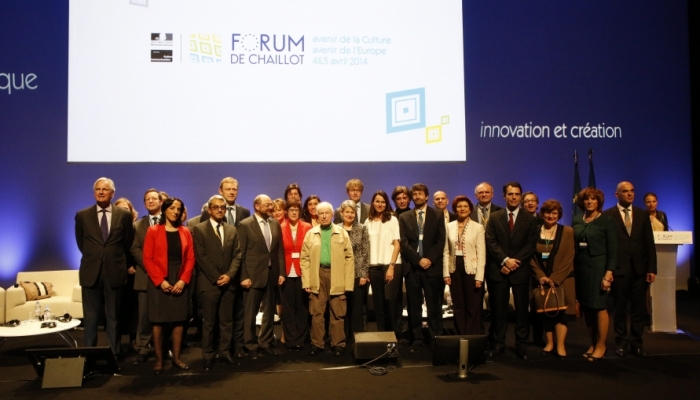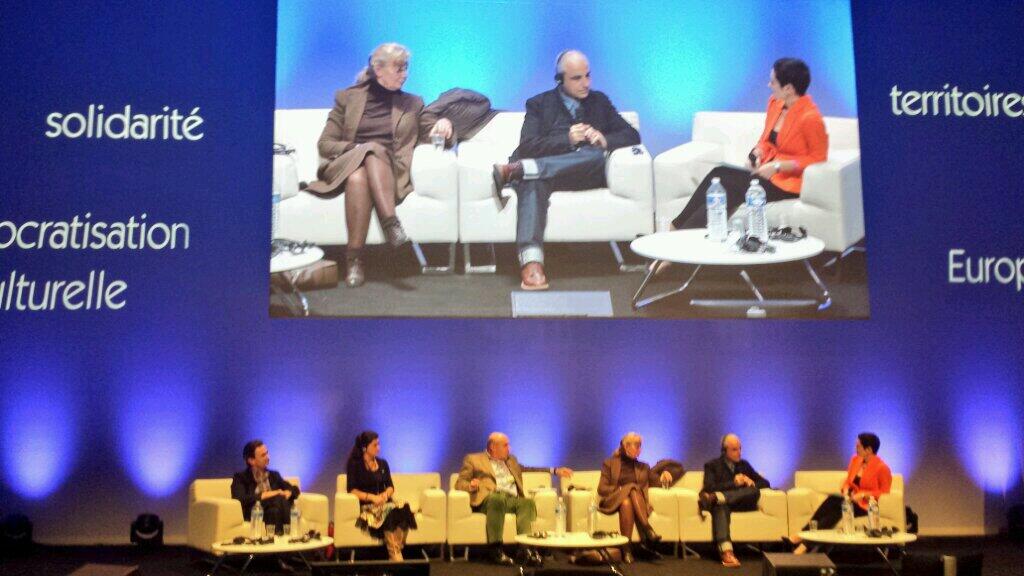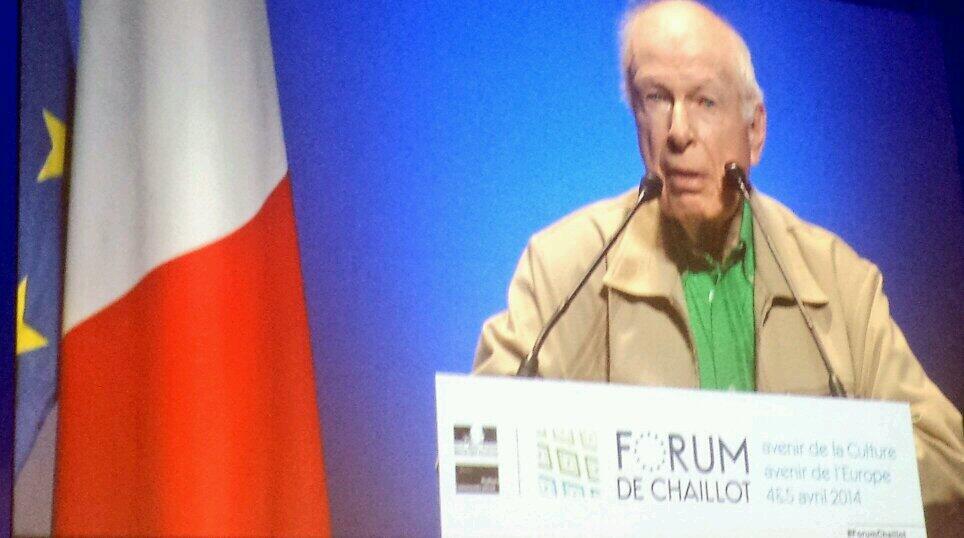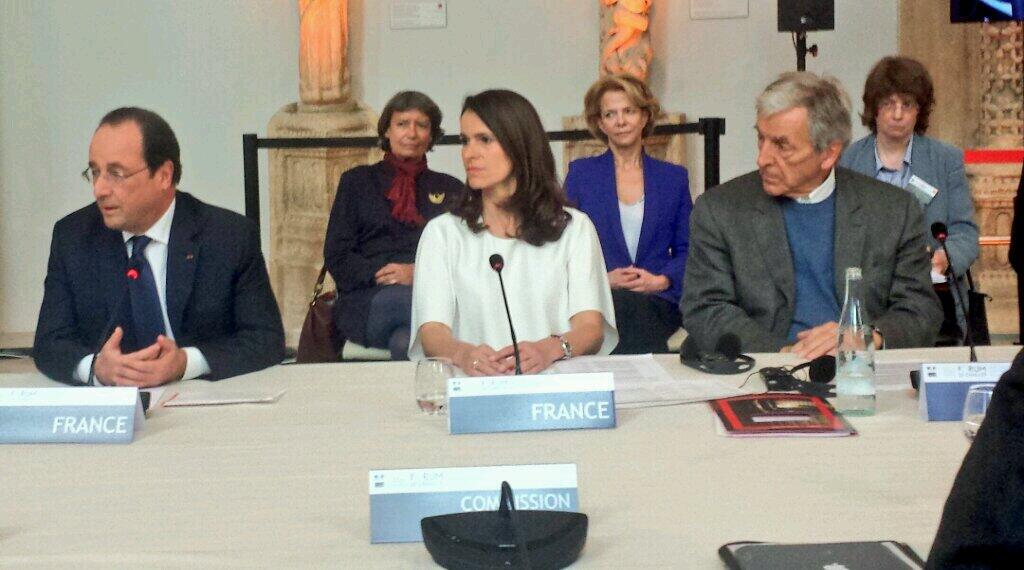“Culture is an important part of European economy and stimulates the opening of new jobs”

Paris, 5 April – At the forum The Future of Culture, the Future of Europe, organised by the French Ministry of Culture and Communications, taking place 4 and 5 April at Chaillot National Theatre, European filmmakers and their open letter drew attention to the current condition in culture and all its possibilities in the digital age.
Culture is an integral part of European economy – this is the view expressed by European politicians and filmmakers at the forum The Future of Culture, the Future of Europe, worried over the state of culture in the EU countries, especially due to the fact that cultural activities were among the first victims of budget cuts. “For centuries now our continent has been a place of talent, fostering creativity, diversity and originality. However, the question today is: have we done enough to keep Europe a place of freedom and vitality of creativity,” said the signatories of the open letter, including world famous authors Stephen Frears, Peter Brook, Costa-Gavras, Luc Dardenne, Jean-Michel Jarre, Volker Schlöndorff, Béla Tarr, Joachim Trier and many others.

Speakers at the forum The Future of Culture, the Future of Europe
In the open letter, the filmmakers reminded of the recent mobilisation of European cultural and political public in May and June last year before the beginning of trade negotiations between the European Union and the USA, with the aim of achieving cultural exception of audiovisual activities (film, television and online services) from the trade negotiations. “Culture is an important part of European economy and stimulates the opening of new jobs; it is the source of cohesion for our companies and the foundation to building the European identity. Risk-taking, dedication and freedom of artistic gesture should be supported and encouraged.”
The filmmakers pointed out that the power of European culture lies precisely in its diversity and that digital revolution, which has in the recent years overwhelmed all segments of cultural creativity, and particularly the audiovisual sector, is a chance for growth of all the involved parties. “We are convinced that digital revolution is an opportunity for further development of works of art and that cultural products are the fuel and oxygen for further development of digital media. This is possible only if their development is not impeded by monopolisation and if the regulations for maintaining the two fundamental principles of supporting creativity are valid and active: cinema operators should participate in financing creativity; cultural goods and services should be subject to special tax relieves.”

Peter Brook at the forum The Future of Culture, the Future of Europe
The filmmakers point out that this is a matter crucial for the modernisation of cultural policies and that radios and TV stations, as well as internet broadcasting companies, which could with current legal regulations become European market monopolists, should equally participate in co-financing of creative industries. “Including web-based companies in the co-financing of creative industries is a matter of equality between all broadcasters of cultural products and a challenge for the future.”
In the conclusion of the letter, they list a number of expectations from the European Commission and its officials in terms of future proactive efforts in stimulating the development and diversity of artistic creativity in the digital era. The entire letter is available on this link.

François Hollande, Aurélie Filippetti and Costa-Gavras
The forum organiser – the French minister of culture and communications Aurélie Filippetti supported these proposals. “In a time when Europe needs concrete forms of solidarity and connection with its citizens more than ever, I am convinced that they can be strengthened through art and culture. But culture is more than a political challenge: it is also an economic challenge for Europe. With 3.3% of the GDP and 6.7 million jobs on the continent, cultural institutions represent a vital good of global economy, based on innovation and creativity.”
Photographs taken from the official website of the French Ministry of Culture and Communications
